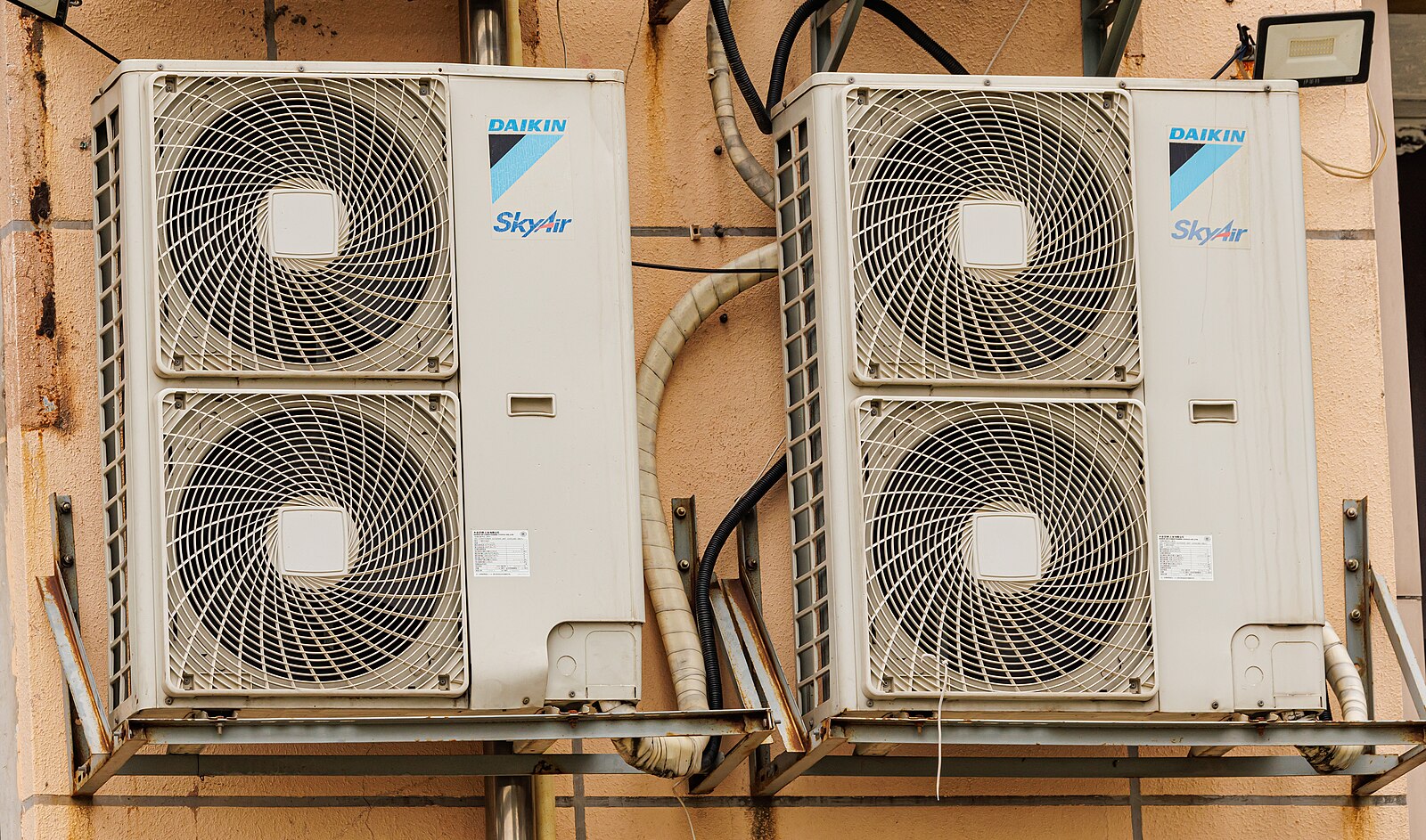Daikin is a renowned brand in the HVAC (Heating, Ventilation, and Air Conditioning) industry, known for its high-quality and efficient air conditioning systems. While there may be some initial perceptions that Daikin could be a “lower-end” option, research has shown that Daikin is a reliable and reputable brand that offers a range of advanced features and benefits.
Daikin’s Reputation for Quality and Efficiency
Daikin is widely recognized for its commitment to producing efficient and quiet air conditioning units. The company’s products are known for their high energy efficiency ratios (EER) and seasonal energy efficiency ratios (SEER), which are important metrics in evaluating the performance and energy-saving capabilities of HVAC systems.
Energy Efficiency Ratings (EER and SEER)
- Daikin’s air conditioners typically have EER ratings ranging from 12 to 18, indicating excellent energy efficiency.
- The company’s SEER ratings, which measure the cooling efficiency of the system over an entire season, often fall between 16 and 22 SEER, placing them among the most energy-efficient options on the market.
Quiet Operation
Daikin is also renowned for the quiet operation of its air conditioning units. The company’s advanced compressor and fan technologies, as well as sound-dampening design features, contribute to exceptionally low noise levels, often ranging from 50 to 65 decibels (dB) for indoor units and 55 to 70 dB for outdoor units.
Daikin’s Warranty and Maintenance
 Image source: Daikin Air Conditioner Outdoor by Dinkun Chen
Image source: Daikin Air Conditioner Outdoor by Dinkun Chen
Daikin’s commitment to quality is further demonstrated by its strong warranty coverage and ease of maintenance for its HVAC systems.
Warranty Coverage
- Daikin offers comprehensive warranty protection, with some models featuring up to 12 years of coverage on the compressor and other key components.
- This extended warranty period provides peace of mind and protects homeowners and commercial building owners from the potential costs of unexpected repairs.
Ease of Maintenance
- Daikin air conditioning systems are designed with user-friendly maintenance in mind, making it easier for homeowners or HVAC technicians to perform routine servicing and troubleshooting.
- The company’s online resources and mobile apps provide detailed guidance on maintenance procedures, helping to ensure the longevity and optimal performance of Daikin HVAC systems.
Potential Drawbacks of Daikin Systems
While Daikin is generally regarded as a high-quality and reliable HVAC brand, there are a few potential drawbacks to consider:
Integration with Building Management Systems (BMS)
- In commercial settings, Daikin systems may not always integrate seamlessly with building management systems (BMS), which can be a concern for some facility managers.
- This lack of compatibility can make it more challenging to centrally monitor and control the HVAC system within a larger building automation framework.
Air Handler Cabinet Insulation
- Some users have reported issues with the air handler cabinet of Daikin units not being well-insulated, which can potentially lead to increased energy consumption and reduced efficiency.
- However, it’s worth noting that Daikin has reportedly been addressing this concern in newer model designs.
Factors to Consider When Evaluating Daikin Air Conditioners
When comparing different Daikin air conditioner models, it’s important to consider the following technical specifications:
| Specification | Description |
|---|---|
| Energy Efficiency Ratio (EER) | Measures the cooling efficiency of the unit, with higher values indicating better performance. Daikin units typically range from 12 to 18 EER. |
| Seasonal Energy Efficiency Ratio (SEER) | Measures the cooling efficiency of the unit over an entire season, with higher values indicating better performance. Daikin units typically range from 16 to 22 SEER. |
| Sound Level | Measured in decibels (dB), this indicates the noise level of the indoor and outdoor units. Daikin units typically range from 50 to 65 dB for indoor units and 55 to 70 dB for outdoor units. |
It’s important to note that the perception of a brand as “lower-end” may be influenced by factors such as the quality of the installation and the experience of the installer, rather than the inherent quality of the equipment itself.
Conclusion
In conclusion, Daikin is a reputable and reliable brand for HVAC systems, offering efficient and quiet air conditioning units, comprehensive warranty coverage, and user-friendly maintenance. While there may be some potential drawbacks, such as integration challenges with building management systems and occasional issues with air handler cabinet insulation, Daikin’s overall reputation and technical specifications make it a strong contender in the HVAC market.
References:
– Is Daikin Really a Lower-End and More Unreliable Brand?
– The Pros and Cons of Daikin A/C Systems
